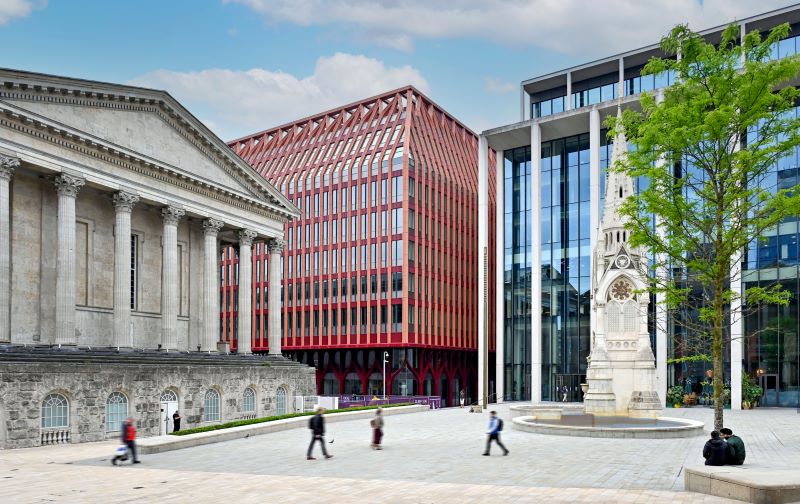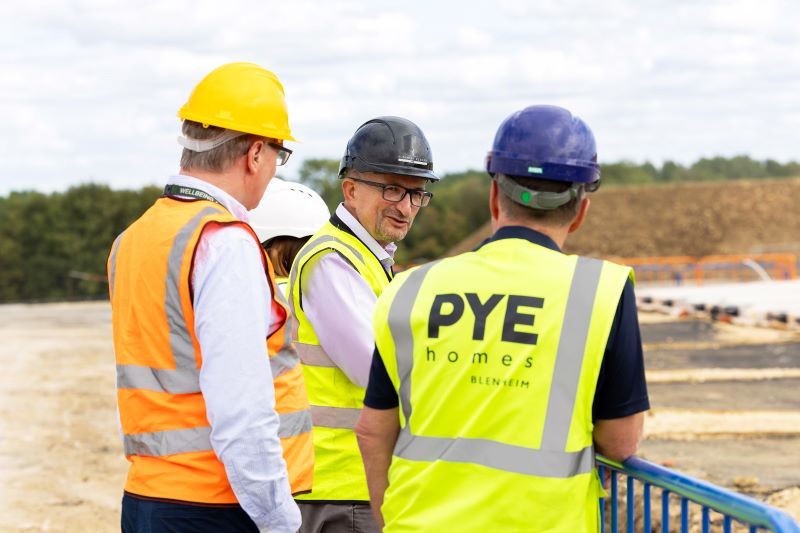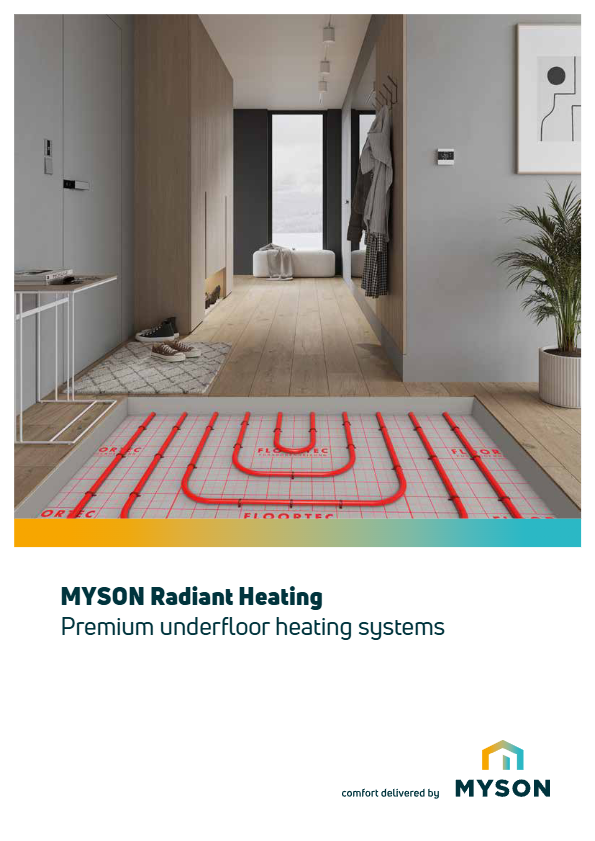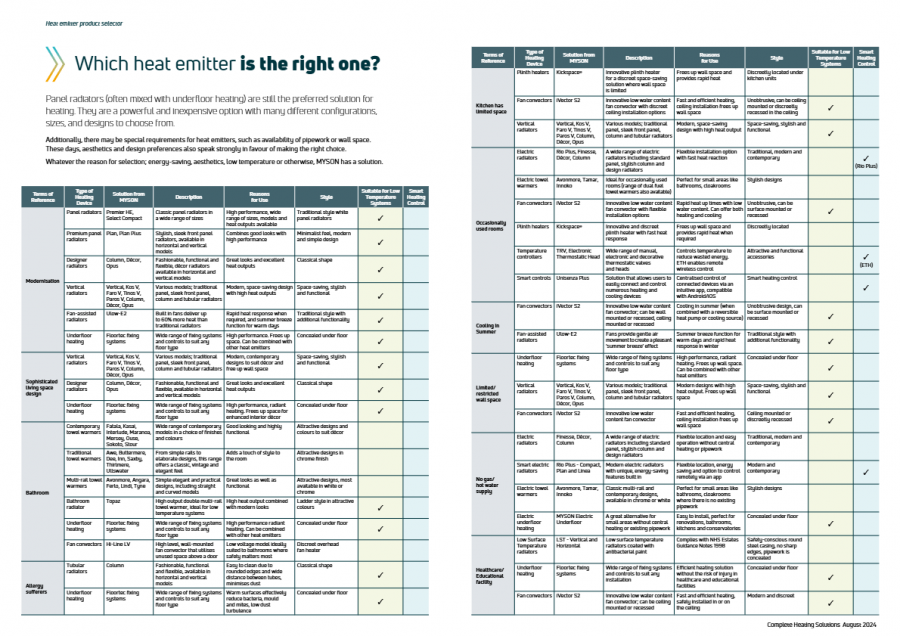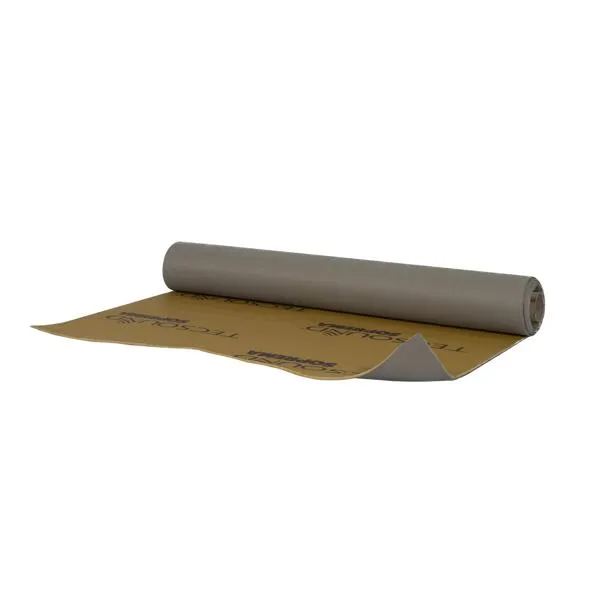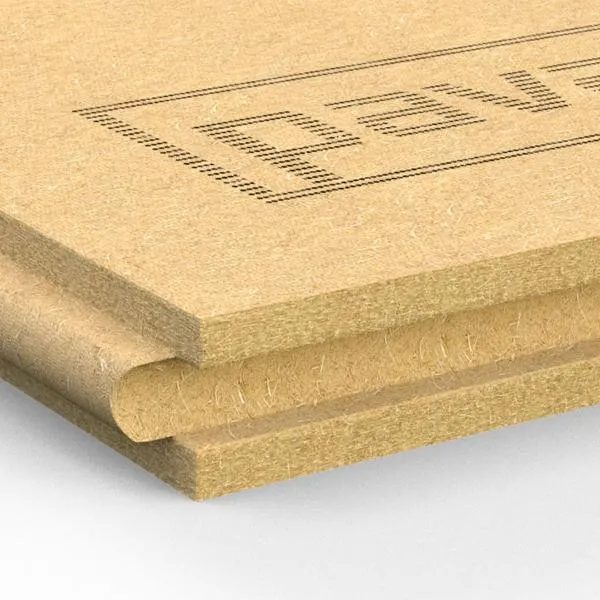Industry has generally given a positive response to Dame Judith Hackitt's interim report into building regulations, commissioned in the aftermath of the Grenfell Tower fire.
The Chair of an independent review into building regulations and fire safety has found that a “universal shift in culture” is required to rebuild trust amongst residents of high-rise buildings and significantly improve the way that fire safety is assured.
The Royal Institute of British Architects (RIBA) has welcomed the publication of Dame Judith Hackitt’s Interim Report but has highlighted the need to go much further, specifically in terms of making real and meaningful change to the core building regulations guidance covering fire safety, which is needed as a matter of great urgency.
Immediate Past President of RIBA and Chair of the RIBA’s Expert Advisory Group on Fire Safety, Jane Duncan says:“I’m pleased that Dame Judith Hackitt recognises the current regulatory system is not fit for purpose and that there is a lack clarity of roles and responsibilities in the construction industry.
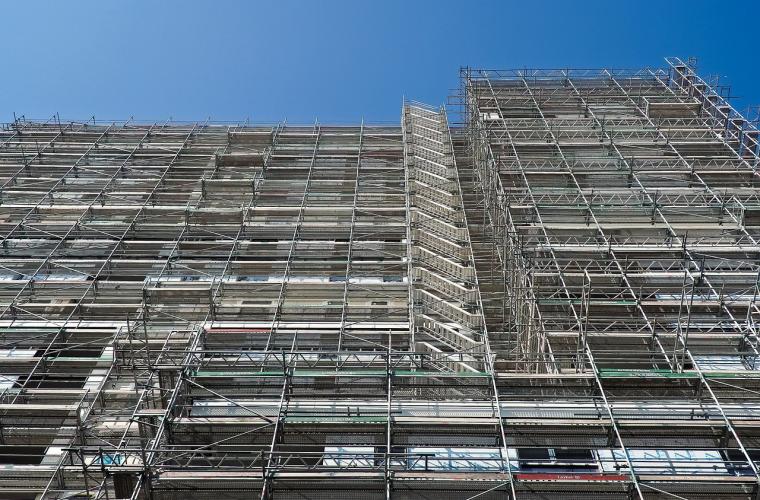
"The RIBA’s Expert Advisory Group on Fire Safety strongly recommends that the final review should require a named person or organisation to hold prime responsibility for the oversight of fire safety in the design and construction of any building project. It is disappointing that the interim review has not called for an immediate prohibition on the use any combustible materials in the external wall construction of high-rise buildings. This means we continue with this grey-area in regards to fire-safety.”
She also said it is also good to see a recognition by Dame Judith of the importance of the ‘golden thread’ of original design intent, the integrity of which must be maintained in any building project or subsequent refurbishment – in order to avoid fragmentation of design responsibility which risks poorer quality outcomes.
However, RIBA said it is disappointing that whilst the report recognises the complexity and lack of clarity in the current building regulations guidance, it shies away from introducing immediate and effective changes to the current fire safety guidance, Approved Document B. The RIBA would like to see:
- An immediate prohibition on the use any combustible materials in the external wall construction of high-rise buildings
- A greater role for sprinklers as an active life safety measure in residential buildings
- Requirements for at least two staircases, offering alternative means of escape in high-rise residential buildings.
Peter Caplehorn, CPA
Deputy Chief Executive and Policy Director, said: “Dame Judith’s Independent
Review is right to question how the construction sector can address the
effectiveness of regulations and regulators. The construction products industry
has a vital role to play, leading a culture change – and in Dame Judith’s own
words – ensuring products are not only properly tested and certified but also
marketed in a way that is easy to interpret.
“Safety in buildings
will always be our top priority and following such a tragic event like Grenfell
we are right to look at the current system for fire safety in buildings and ask
if it is fit for purpose. Dame Judith recognises that buildings are not currently
inherently unsafe but certain shortcomings need to be addressed that cover the
complete spectrum, from project initiation through design, procurement and
construction, to occupation and use.
“The CPA’s
membership represents over 85% of our industry by value; therefore our company
and trade association members will play a central role in taking forward the
interim report’s recommendations. We are pleased to have been able to
contribute to the Review and look forward to leading our sector to help deliver
tangible results."
The Construction Industry Council has given its and unconditional support to the interim report of Dame Judith Hackitt’s Review of the Building Regulations and Fire Safety and pledges full support for the next phase of her essential review.
Less than a week after the tragedy of the Grenfell Tower fire, the 50 professional organisations in membership of the Construction Industry Council, agreed that systemic change was required to both the processes of construction and the regulatory regime within which UK construction takes place.
In the past six months’, CIC priorities have been aligned to achieving this change.
The CIC Expert Panel meets on 21 December to consider the interim report in more detail, following which a roundtable of all CIC members will be held at the RICS on 15 January 2018. The CIC looks forward to working closely with Dame Judith, the DCLG and other industry partners in terms of making the change that is necessary.
Professor John Nolan, chairman of CIC and formerly President of the Institution of Structural Engineers, welcomed the direction of the Interim Report on behalf of all CIC members, saying: “Within a few days of the Grenfell tragedy, all of the professional bodies in the built environment came together at a meeting of the Council and all agreed that there was a need for systemic change across the industry and a root-and-branch review of the regulatory system.
"We congratulate Dame Judith for her interim report, which mirrors the views that have developed within CIC over the past six months and we very much look forward to working with Dame Judith and the DCLG in carrying this work forward into action and change.”
The Chairman of the CIC After-Grenfell Panel on Life Safety, Turlogh O’Brien CBE, noted that the key themes emerging from the interim report are consistent with the consensus views emerging from the CIC members: “The focus on achieving unambiguous responsibility for life safety at all stages of a project – from planning and design, through construction and onto occupation – is a key recommendation from CIC members and something we wish to work towards achieving. We welcome unconditionally the emphasis on cultural and behavioural change.”
Graham Watts OBE, the CIC Chief Executive, has been a member of the DCLG post-Grenfell Industry Response Group since its establishment at the end of June, and is chairing a working group looking at the qualifications, competences and accreditation of fire safety consultants and fire risk assessors giving advice and assessments on buildings over 18m tall.
He also welcomed Dame Judith’s interim report saying: “I applaud Dame Judith’s insightful and frank assessment of the headline issues that must be tackled and her emphasis on the need for more work on responsibilities for life safety and on competence and accreditation.
"She has made it clear that the current system is not fit for purpose and that the industry needs to step up to the plate to make the necessary changes. The professional bodies in the built environment – our members – stand ready to support the next phase of this essential work.”
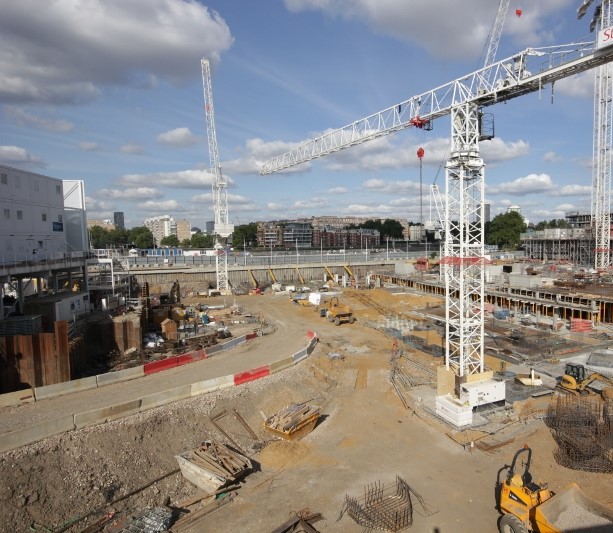
Brian Berry, Chief Executive of the FMB, said: “We welcome the interim findings of the Hackitt Review which make clear that there is much for the construction industry and its regulators to address post-Grenfell.
"The FMB submitted a detailed response to the Review and many of our points have been reflected in its initial findings. In particular, we welcome the acknowledgement that although some safety-critical tradespeople, for example gas engineers, must be registered for different types of work, others do not have such requirements.
"We are also pleased that the Review has recognised that current Building Regulations and guidance are too complex and unclear. We look forward to working with the Government and our industry colleagues to address the areas of failure so such an incident is never allowed to happen again.
“I’d also like to take this opportunity to congratulate Dame Judith Hackitt and the wider review team for the swiftness with which this probing and insightful interim report has been delivered. It’s too often the case that such consultations and inquiries drag on when swift action is required.
"Here the Hackitt Review has managed to get the balance right by consulting with a broad range of people and organisations but then taking speedy action to reflect and report back. We hope the Review team maintains this momentum so we can achieve a safer built environment, and one that always adheres to the highest of standards, as soon as possible.”
Lord Porter, Local Government Association Chairman, said the report reinforces its warnings about the complexity and confusion in the current system of ensuring buildings are safe, so tragically exposed by the Grenfell Tower fire.
“The Government needs to endorse the report’s findings without delay and work with councils and the industry to take the process of reform forward in the way Dame Judith has set out," he said. "This will obviously need to include rewriting the documents relating to the installation of cladding and insulation on external walls of buildings so they are easier to understand and comply with.
“What happened at Grenfell Tower can never be allowed to happen again and no-one should have to live in fear about their safety, be that in the buildings they live in, work in or visit. It is clear that all types of landlords also need urgent clarity about how they should be replacing materials on their high-rise blocks affected by fire safety test fails while we have raised wider concerns about the general safety of other clad buildings.
“Councils have acted quickly to put in safety measures in their high-rise blocks to reassure residents. With the majority of high-rise buildings affected by fire safety test fails owned by private landlords, councils continue to work hard to support building owners in their area to deal with the issue and to try and confirm with the owners of thousands of private high rise residential buildings the cladding and insulation systems on those blocks.
“While councils will continue to get on with what they need to do and are ready to play a leading role in making sure a new system of building regulation works, significant funding concerns remain. The Government needs to meet the unexpected exceptional costs for councils arising from conducting fire safety and major remedial work and for any essential fire and safety measures needed.”









